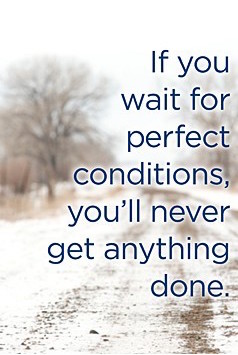If you have a race goal, it’s important to train with purpose. It’s common for many runners new to racing or the marathon to train for their event by simply running miles. They run at whatever speed they feel like, without any structure, direction or purpose other than “miles.” This was the way I trained for my first marathon, and it’s a very common course of action. Many runners don’t have the knowledge or understanding of why you should run easy most days, and target specific speeds and challenges on a few carefully chosen days per week. Without a purpose, athletic goals and the ability to achieve those goals will often prove unsuccessful.
Every run you do within your 16-20 weeks leading up to your marathon has a purpose. If you don’t understand the purpose, you need to ask what it is. There’s a reason for every run. If there isn’t a reason, don’t do it. Smart runners make successful runners. Ask, do research, or question your training plan. Sometimes I search for cookie-cutter marathon plans floating around out there on the internet, out of curiosity. I often find plans that cover the bases, but don’t offer any explanation as to why the workouts, weeks, rest days, quality days, etc. are structured the way they are. If I were a new marathoner looking for a plan, I’d be blindly following what I’d find – which is what I did my first time around. I remember I ran every run at more or less the same pace. The plan outlined mileage, but other than that, it was a blank canvas. So I ran the same pace, whether is was a 5-miler or a 22-miler. If you’d asked me the purpose of that day’s run, my answer would probably have been “mileage.” That answer really isn’t good enough.
This is where resources become a huge help. Books, blogs, articles, and coaches can help you understand why today’s workout is structured a specific way (an easy 5-miler to act as active recovery between two days of speed workouts, for example), and educate you as to how that workout will build you towards your race-day goal. Running miles for the sake of miles is rarely the right purpose – perhaps Ultra marathon runners are the exception, or when building base mileage. However, even when building base mileage, there is a specific way to build and reasons behind it.
Be aware that training without purpose will often lead to injury. Running at the same pace every day, taking on too much too soon, excluding rest days, running speed days back-to-back – the risk for injury increases, which none of us want.






